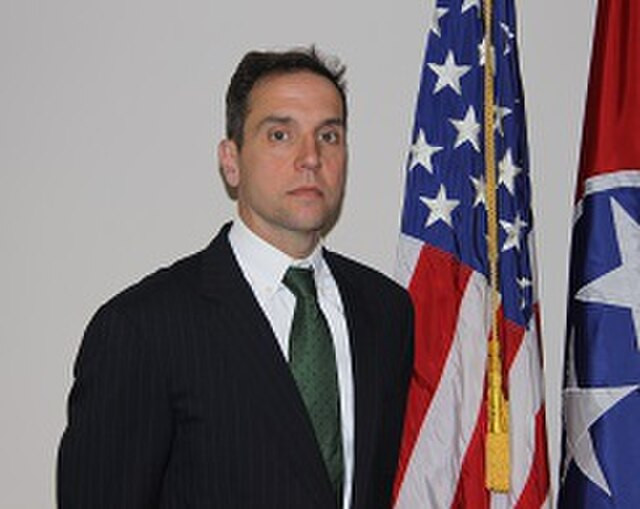Special counsel Jack Smith has informed a federal court that he is evaluating how to proceed with the criminal case against President-elect Donald Trump following Trump's victory in the 2024 presidential election. In a court filing Friday, Smith requested that all upcoming deadlines in the case be vacated to allow his team to assess next steps, marking a pivotal moment in a high-profile investigation that has gripped the nation for months.
Smith's one-page filing, submitted to federal District Judge Tanya Chutkan, emphasized the unprecedented nature of the situation. "As a result of the election held on November 5, 2024, the defendant is expected to be certified as President-elect on January 6, 2025, and inaugurated on January 20, 2025. The Government respectfully requests that the Court vacate the remaining deadlines in the pretrial schedule to afford the Government time to assess this unprecedented circumstance and determine the appropriate course going forward consistent with Department of Justice policy," the prosecutors wrote. Smith committed to updating the court with a status report by December 2.
This move represents the first public indication that Smith's team is weighing the broader implications of Trump's return to power. The special counsel's probe has centered on Trump's alleged efforts to overturn the 2020 election results and the mishandling of classified documents. Trump has consistently denied all charges, characterizing the investigations as politically motivated.
Meanwhile, House Republicans have wasted no time in responding to Trump's re-election. House Judiciary Chairman Jim Jordan and Rep. Barry Loudermilk, who is spearheading an investigation into the former January 6 committee, sent a letter to Smith urging him to preserve all records and comply with previous requests. The letter signals a clear intent by Republicans to scrutinize Smith's actions and could set the stage for further political battles.
Trump, who has publicly declared his intention to fire Smith and dismantle the federal cases against him, remains defiant. He has argued that the charges are part of a broader "witch hunt" orchestrated by political opponents. Trump's legal battles, however, are far from over, even as he prepares to take office again.
Legal experts are already contemplating the potential consequences of Trump's renewed influence over the Justice Department. NBC justice correspondent Ken Dilanian raised concerns about the fate of evidence in Trump's federal cases, noting that "what if Donald Trump gets into office and orders all the evidence to be destroyed?" The issue of whether evidence could be erased or investigations shut down has emerged as a key point of debate.
New York University law professor Stephen Gillers highlighted the complexities surrounding presidential immunity, referencing a recent Supreme Court ruling that grants broad protection to presidents. "Various federal obstruction of justice statutes would make any such conduct a felony," Gillers explained, but the Supreme Court's decision may shield Trump himself from prosecution. Subordinates who carry out orders to destroy evidence, however, could face legal consequences.
Neama Rahmani, a former federal prosecutor, argued that the destruction of evidence may ultimately be a moot point. "I don't think destruction of evidence is a concern," Rahmani said. "The key evidence has already all been seen by the January 6 committee or, in the classified documents case, the evidence has been filed in court." Rahmani believes that Trump's re-election effectively ends the federal cases against him. "Once the election fraud case is dismissed, it can't be refiled after Trump leaves office because the statute of limitations will have run," he added.






